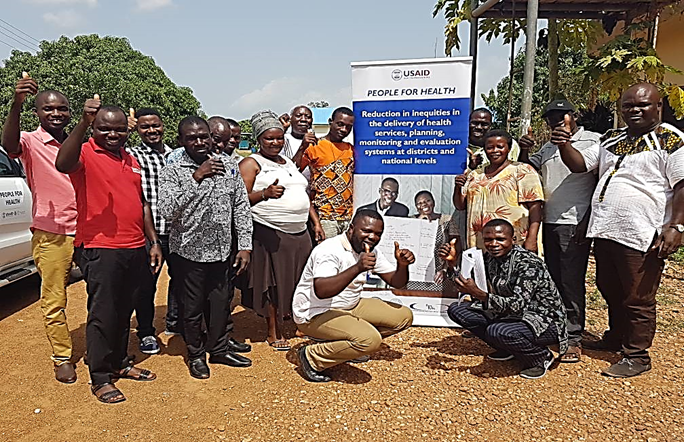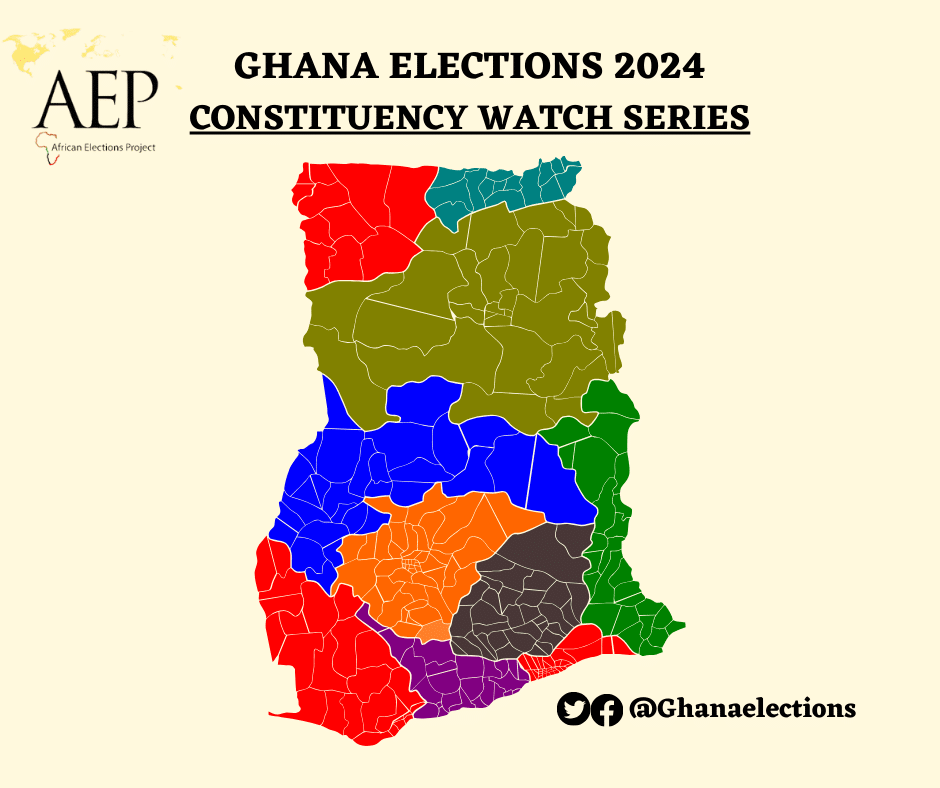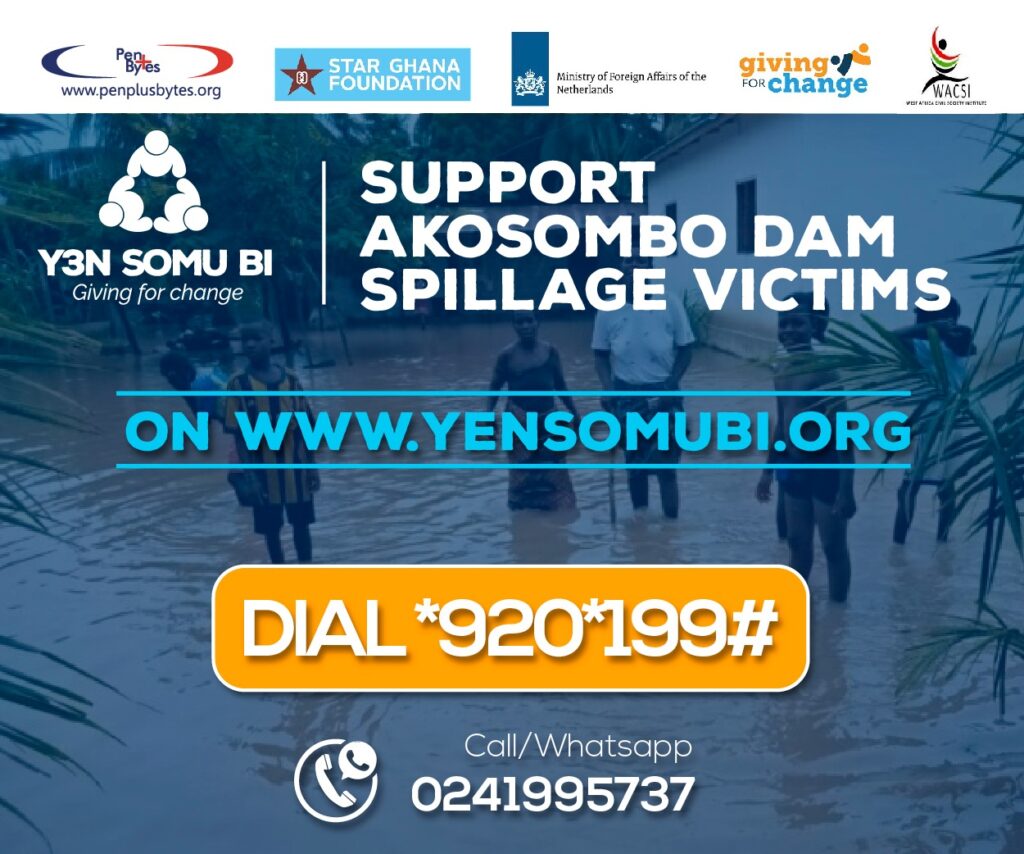New digital tools have been adapted in all spheres of human interactions and it is being used in countless ways to improve healthcare delivery and the relationship between patients and healthcare providers. SEND-Ghana, Penplusbytes and the Ghana News Agency have leveraged on the potential of ICTs to promote better and improved healthcare delivery in 20 selected districts in 4 regions of Ghana. The project has positively impacted lives of nearly 25,000 Ghanaians and created District Citizens Monitoring Committees to support the engagements of citizens and duty bearers.
The most noteworthy component of the project is the set-up and deployment of a vibrant online platform which serves as a rallying point and continually supports the engagement between citizens and the 20 District Citizens Monitoring Committees (DCMCS) operating in the Northern, Eastern, Volta and Greater Accra Regions. These committee members are made up of Persons Living with HIV, Persons with Disabilities (PWDs), women, youth, traditional authorities, religious groups, key populations and assembly members.
The project’s interactive online platform www.people4health.org developed by Penplusbytes, makes use a dashboard built on the web-based app – “Kakum” – a citizen engagement resource tool and it is designed to facilitate citizens’ access to health information especially the Patients’ Charter and provide an avenue for citizens to report their experiences in accessing healthcare.
Amongst some of the successes chalked by the project include the reconstituting and developing action plans for over 70 Community Health Management Committees (CHMCs) to support their various Community-Based Health Planning and Services (CHPS) Compounds geared towards improving service delivery in the communities. In all, over 200 pledges and commitments have been made by the CHMCs. Some of the commitments include providing basic infrastructure such staff accommodations, urinal and toilet facilities, provision of water, furniture and carrying out community sensitizations to improve healthcare delivery.
These are but a few success stories collated from the People for Health Project implementation currently being done by the project consortium.
A key output of the dashboard is the provision and facilitating the sharing of information on about the project’s 5 key thematic areas – maternal and child health/family planning, malaria, water, sanitation and hygiene, nutrition and HIV/AIDS health service delivery at the district, regional and national levels. It is also to provide a seamless and anonymous, interface platform for reporting cases of stigmatization and discrimination in receiving proper health care especially among the projects’ key populations (KPs) and people living with HIV/AIDS.
To showcase the online dashboard and milestones achieved, Penplusbytes is leading the consortium in a day’s Knowledge and Exhibition fair on Thursday 27th September where partners would be showcasing the project’s achievements since its inception and during the last calendar year, and draw lessons from each other’s work in engaging all citizens especially key populations and project beneficiaries. The Fair will also be an avenue to exhibit project knowledge products (success stories, insights, advocacy materials, newsletters and publicity materials) and share experiences in the use of technology to ensure effective and equitable delivery of healthcare services.
The P4H project ultimately seeks to empower citizens, strengthen organisational and institutional capacities of government and civil society organisations (CSOs) for mutual accountability in health, HIV, water, sanitation and hygiene, family planning and nutrition policy formulation and implementation.
###
About
Penplusbytes is a not-for-profit organization driving change through innovations in three key areas: using new digital technologies to enable good governance and accountability, new media and innovations, and driving oversight for effective utilisation of mining, oil and gas revenue and resources.






